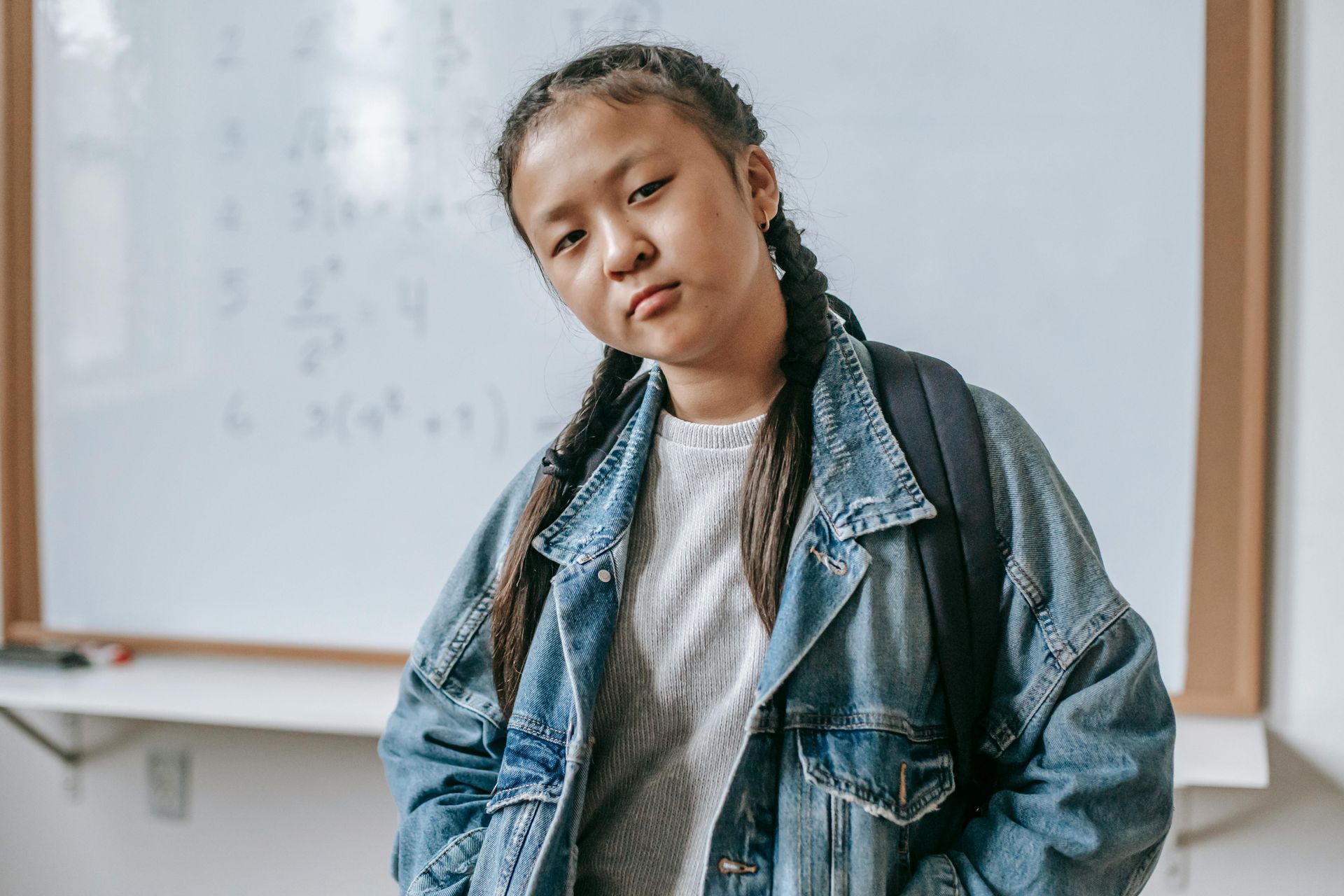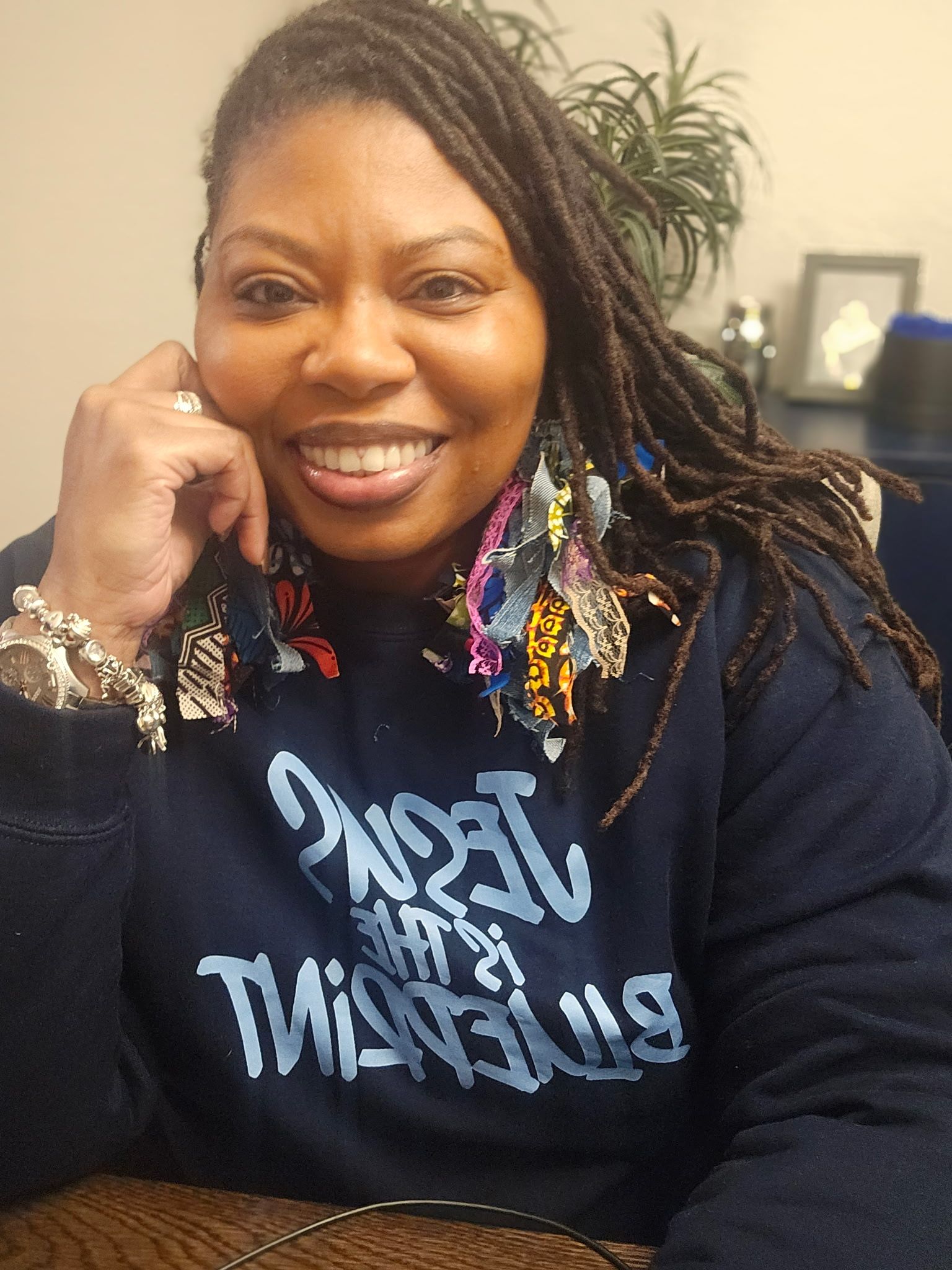Story of Hope: Sylvia Reyna
In the heart of San Antonio, a story of resilience and hope unfolds, illustrating the profound impact of a CASA advocate on the lives of children navigating the complexities of the child protective services system. This story centers on two siblings, a brother (14) and a sister (16), living in circumstances no child should ever face. They endured years of neglect and physical abuse while under the care of their elderly grandparents and delinquent parents, their young lives clouded by despair, uncertainty, and unspeakable trauma—including their mother's death and father's incarceration when CPS assumed custody.
Enter CASA, a beacon of hope and advocacy in a tumultuous time as they navigated life in unfamiliar home and school surroundings, countless rules and regulations, investigative personnel, doctors, psychiatrists, counselors, social workers, lawyers, and court appearances. A CASA volunteer was appointed to the siblings' case, marking the beginning of a transformative journey for the children and everyone involved in their path to healing and stability.
The children's CASA advocate profoundly understood that trust is the cornerstone of recovery for children. As such, the advocate approached the siblings gently and consistently, offering them a sense of safety and predictability they had long been missing. Through regular visits, attentive listening, and the simple act of being there, she slowly but surely began rebuilding the trust their previous experiences had shattered.
One of the advocate's primary goals was to ensure that the siblings were placed in a stable, nurturing home environment where they could thrive. The advocate worked tirelessly to advocate for their placement in a home that met their physical needs and provided a loving, supportive atmosphere. The advocate's strategic interventions and persistent advocacy in court were instrumental in their kinship placement with their uncle. He served as a lifeline and accepted the challenge of helping raise two teenagers when he had already raised three of his children. The home situation, however, was not without its share of difficulties. It was clear that the sister's prolonged childhood trauma proved to be a challenge. Upon her 18th birthday, she decided to leave the state's care and, subsequently, her uncle's home, determined to make it independently without support services. Within two and a half months, the sister requested extended care services from the state because she had no educational skills or means of support and had lost custody of her baby due to false reports made by the grandparents. She was lost and needed help. After a long and arduous journey to find housing for the sister, the CASA advocate rallied with the children's ad litem to secure a spot for her at Seton Home. She has since reunified with her two-year-old daughter, and both are thriving.
School can be a sanctuary for children facing turmoil at home, offering structure, normalcy, and the opportunity for achievement. Unfortunately, the children's educational career was often interrupted or even derailed because of their involved trauma, which led to numerous absences, missed credits, and a general aversion to school. The CASA advocate collaborated closely with educators and school counselors to ensure the siblings received the needed academic and emotional support. This included individualized education plans to address learning gaps, counseling services to help them process their experiences, and extracurricular activities to foster their talents and interests. Through these efforts, the young man is thriving in a new school, and his sister is on her way to completing her GED. The dramatic change in their approach to schooling will ensure a future filled with possibilities.
Perhaps the most profound role of the CASA advocate was that of an unwavering source of support—a shoulder to lean on during life's inevitable ups and downs. Whether celebrating academic achievements, offering encouragement through setbacks, or simply being a compassionate listener, the advocate was a constant presence in the siblings' lives, embodying the essence of hope and resilience.
The journey of these siblings, the brother now 16 and the sister now 19, is a testament to the transformative power of strategic, compassionate advocacy. As they continue to heal and grow, their story serves as a beacon of hope for countless other children navigating childhood trauma. It underscores the critical importance of CASA volunteers and the indelible impact they can have on the lives of vulnerable children.
In a world where despair can easily overshadow hope, these siblings' stories remind us of the incredible resilience of the human spirit and the power of dedicated individuals to ignite change. These children were given a chance at a better life and became a symbol of hope and perseverance for others in similar situations.
As I share this story, please join me in celebrating the courage of these remarkable siblings and the CASA program's unwavering mission to ensure every child can thrive in a safe, loving, and supportive environment. This story is a call to action, a reminder of the difference one person can make in a child's life, and an invitation to become a part of this life-changing journey.
I am proud of my two CASA children—theirs is a story of hope.
Sylvia R. Reyna, Ph.D.









